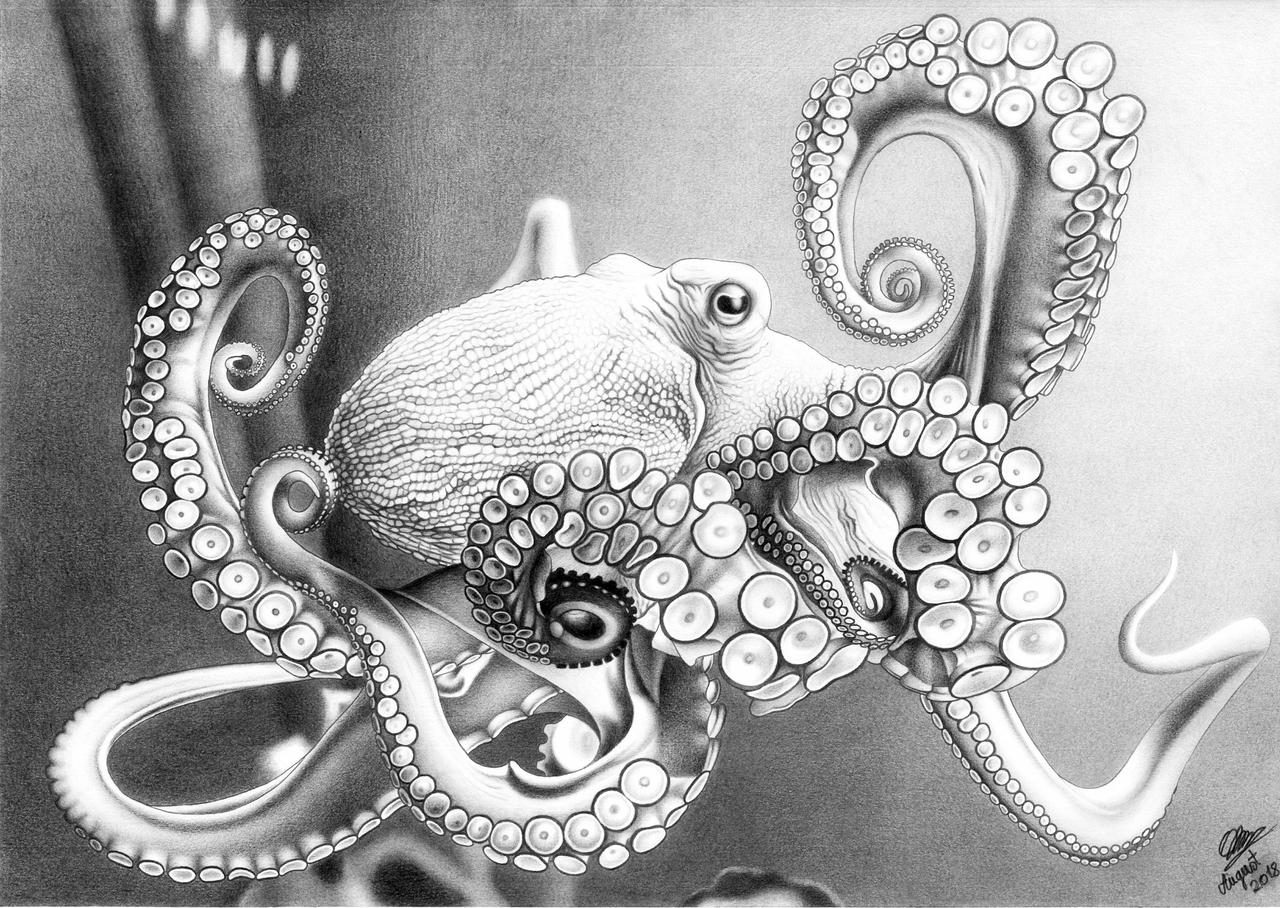Loading view.
On-Line via Zoom
Events at this venue
Reading Science Fiction Politically – Spring 2024 Season
On-Line via Zoom You will receive Zoom link by email before the event., NYThe Science and Visionary Fiction reading group meets weekly to read and discuss science, visionary and speculative fiction that bears on politics, the environment, and the struggle for a better future for all. We focus on the concept of visionary fiction, emerging from Octavia Butler's writings and beautifully articulated ten years ago by Walidah Imarisha, ... Read more
Get Tickets
Free – $65.00

